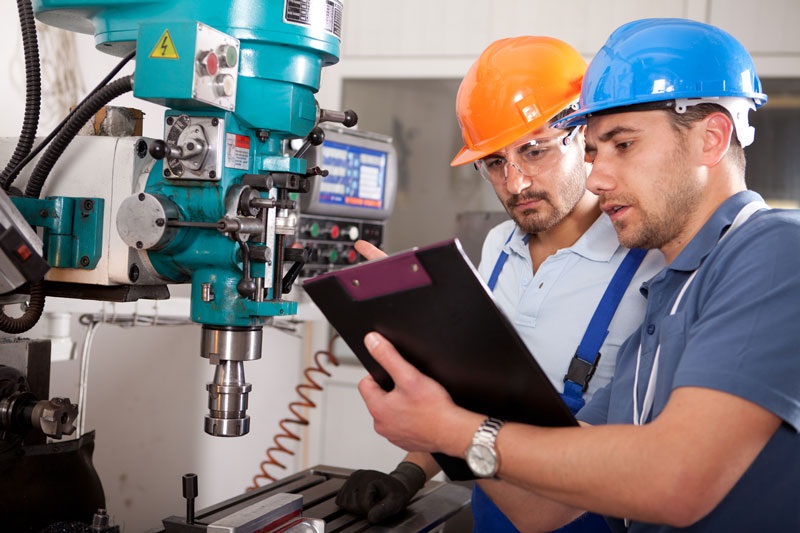In various industrial and commercial applications, the demand for reliable compressed air systems is substantial. Screw compressors are a popular choice due to their efficiency, durability, and versatility. If you’re considering purchasing a screw compressor for your business or industrial operations, this blog post will guide you through the essential factors to consider and help you make an informed decision.
Understanding screw compressors
Screw compressors are a type of positive displacement compressor that uses rotors with helical lobes to compress air or gas. They are widely used in a range of industries, including manufacturing, construction, automotive, and more. Screw compressors offer several advantages, such as consistent and efficient air supply, low maintenance requirements, and a longer operational life.
Key factors to consider when buying screw compressors
- Capacity and size: The first step in choosing the right screw compressor is determining the required air capacity for your application. Consider the maximum air demand your equipment or processes will need. Additionally, think about the available space in your facility, as screw compressors come in various sizes and configurations.
- Air quality requirements: Different applications have varying air quality requirements. For industries like food processing and pharmaceuticals, clean and oil-free compressed air is essential to prevent contamination. Ensure that the screw compressor you choose can meet your specific air quality standards.
- Power source: Screw compressors are available in electric, diesel, or gasoline-powered models. Your choice should align with the power source readily available in your facility and the portability requirements of your operation.
- Operating environment: Consider the environmental conditions in which the compressor will operate. Extreme temperatures, humidity, or dust levels can impact the performance and longevity of your screw compressor. Some models are designed for specific environments, so choose one that suits your needs.
- Maintenance and serviceability: A well-maintained screw compressor can last for many years. Look for models with accessible components and easy maintenance features to minimize downtime and repair costs. Consider the availability of local service providers who can provide routine maintenance and repairs.
- Energy efficiency: Energy costs can be a significant part of the total cost of ownership for a screw compressor. Opt for models with energy-efficient features, such as variable speed drives (VSD) that adjust compressor output to match demand, reducing energy consumption during periods of lower demand.
- Brand and reliability: Choose a reputable brand known for manufacturing high-quality screw compressors. Research customer reviews and seek recommendations from industry peers to gauge the reliability and performance of different models.
- Budget considerations: While it’s essential to consider your budget, remember that a lower upfront cost may result in higher long-term operational expenses due to increased energy consumption or maintenance costs. Focus on the overall cost of ownership rather than just the purchase price.
Conclusion
Investing in a screw compressor is a significant decision that can impact your business’s productivity and efficiency. By carefully evaluating your specific needs, considering factors like capacity, air quality, power source, operating environment, and maintenance requirements, you can make an informed choice when buying a screw compressor. Prioritize quality, reliability, and energy efficiency to ensure that your investment pays off in the long run, delivering consistent and dependable compressed air for your industrial or commercial applications.


